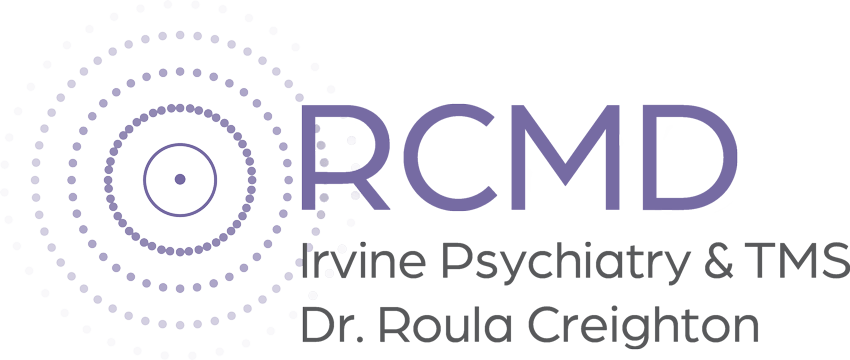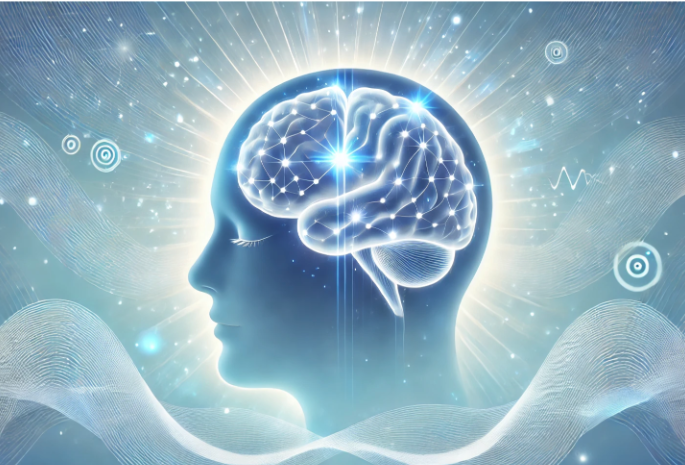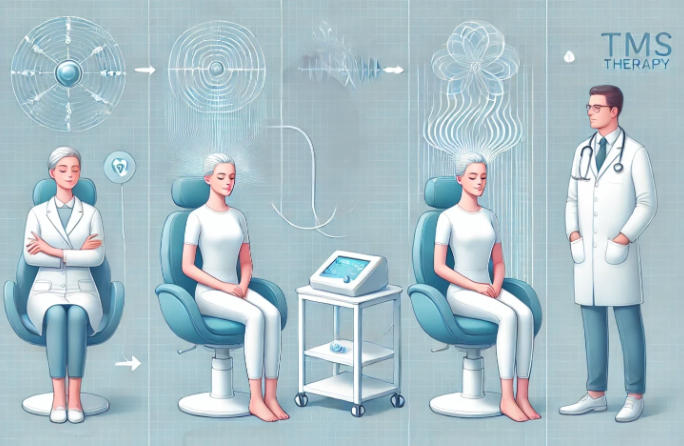What is TMS Therapy?
Transcranial Magnetic Stimulation (TMS) is a revolutionary therapy that uses magnetic energy to stimulate specific areas of the brain to alleviate symptoms of mental illnesses such as depression, anxiety, and OCD. This non-invasive and non-medication treatment has been a ray of hope for many patients who have failed to find relief through traditional treatments. In this blog, we will discuss who can benefit from TMS, how it works, what mental illnesses it treats, its long-term side effects, and how many sessions it takes to work.
How Does TMS Therapy Work?
TMS therapy works by using a specialized device to create magnetic fields that pass through the scalp and skull to stimulate specific areas of the brain. This stimulation improves the connectivity between neurons and can alter the brain's activity, leading to a reduction in symptoms. During a TMS session, a patient will sit in a comfortable chair while a coil is placed on their scalp. The coil produces a magnetic field that passes through the scalp and skull, targeting the dorsolateral prefrontal cortex, the area of the brain responsible for regulating mood. The magnetic field produces an electrical current in the brain, which stimulates neurons and alters brain activity.
Who Can Benefit from Transcranial Magnetic Stimulation?
TMS therapy can benefit adults who have been diagnosed with major depressive disorder or OCD. It is also an excellent option for those living with depression that has not responded well to traditional medications or have experienced intolerable side effects. Additionally, TMS is a great option for patients who have previously benefited from medication but are no longer experiencing the same benefits or have contraindications such as allergies. Patients with a history of seizures, brain injury, or implanted metallic devices are not eligible for TMS treatment.
What Mental Illnesses Does TMS Treat?
TMS has been studied as a form of treatment for many psychiatric and neurological illnesses, and new research continues to uncover exciting potential for new treatment options. TMS is currently FDA-approved for the treatment of major depressive disorder and OCD. However, it is also being studied as a potential treatment for anxiety disorders, bipolar disorder, post-traumatic stress disorder (PTSD), and chronic pain. Early studies have shown promising results, and researchers are optimistic that TMS therapy will soon become a mainstream treatment for these disorders.
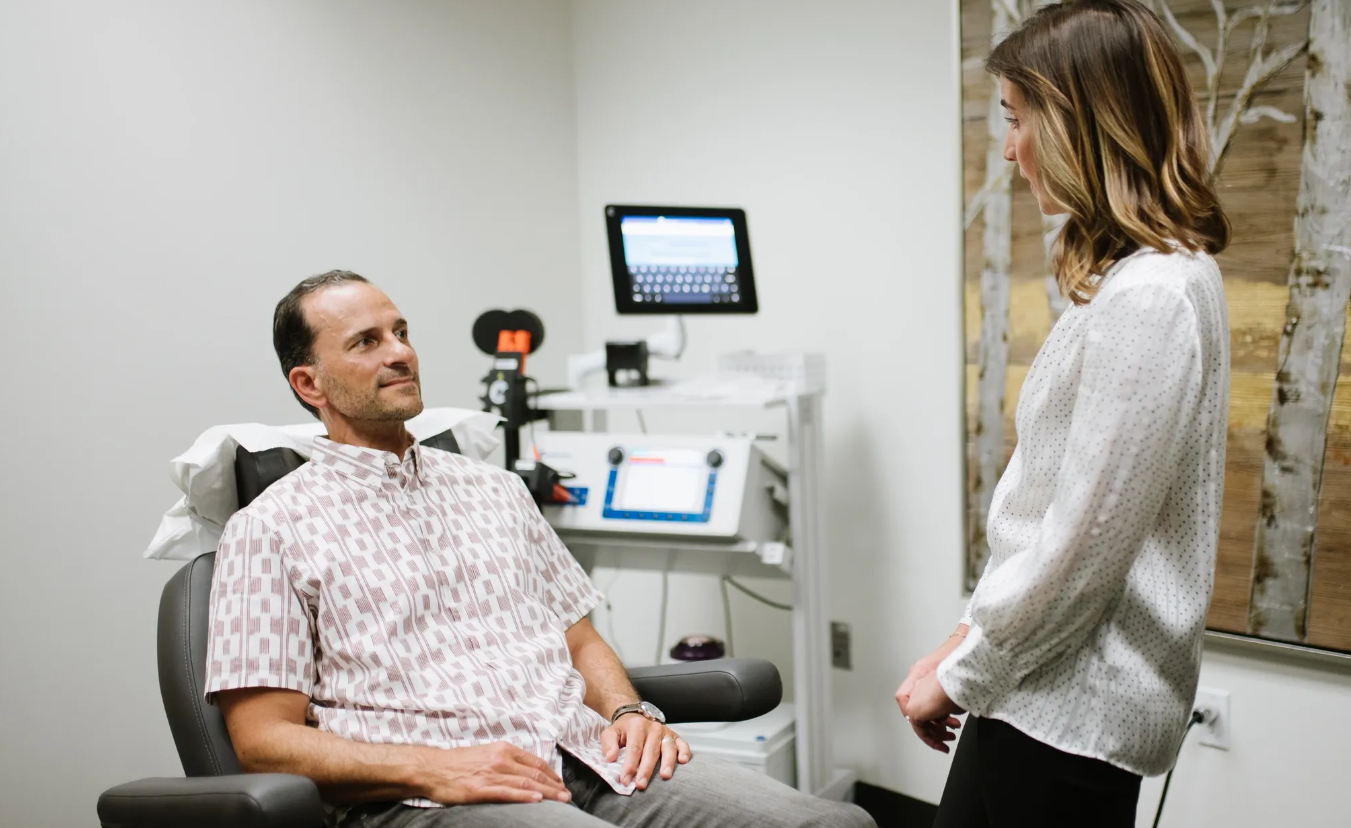
How Many Sessions Does It Take for TMS to Work?
The number of TMS therapy sessions required for the treatment to be effective varies depending on the individual patient and their specific condition. Typically, patients undergo five sessions a week for four to six weeks. However, some patients may require more or fewer sessions depending on their response to treatment. After the initial treatment course, some patients may require maintenance sessions to maintain the benefits of treatment.
Are There Long-Term Side Effects of TMS?
TMS therapy is a safe and well-tolerated treatment, and most patients experience few to no side effects. The most commonly reported side effects include mild scalp discomfort and mild headaches. However, these side effects are generally temporary and usually resolve on their own within a few hours. Long-term side effects of TMS therapy are rare, and there is no evidence to suggest that TMS therapy can cause any permanent damage to the brain or cognitive function.
Is TMS Therapy FDA Approved?
Although it may be the first time you have heard about the treatment, Transcranial Magnetic Stimulation has been approved since 2008. Then in 2020, TMS was given clearance by the FDA as an adjunct treatment for OCD in adults.
How Much Does TMS Therapy Cost?
On average, a TMS session can cost between $200 to $600 per session, and full course treatments may range from $2,500 to $10,000 depending on the treatment length and severity of depression. These prices can vary depending on several factors such as the number of sessions required, the location of the clinic, and whether the treatment is covered by insurance.
It's worth noting that some insurance plans may cover TMS therapy for certain conditions such as major depressive disorder, so it's important to check with your insurance provider to see if you have coverage. Some clinics may also offer financing options or sliding scale fees based on income.
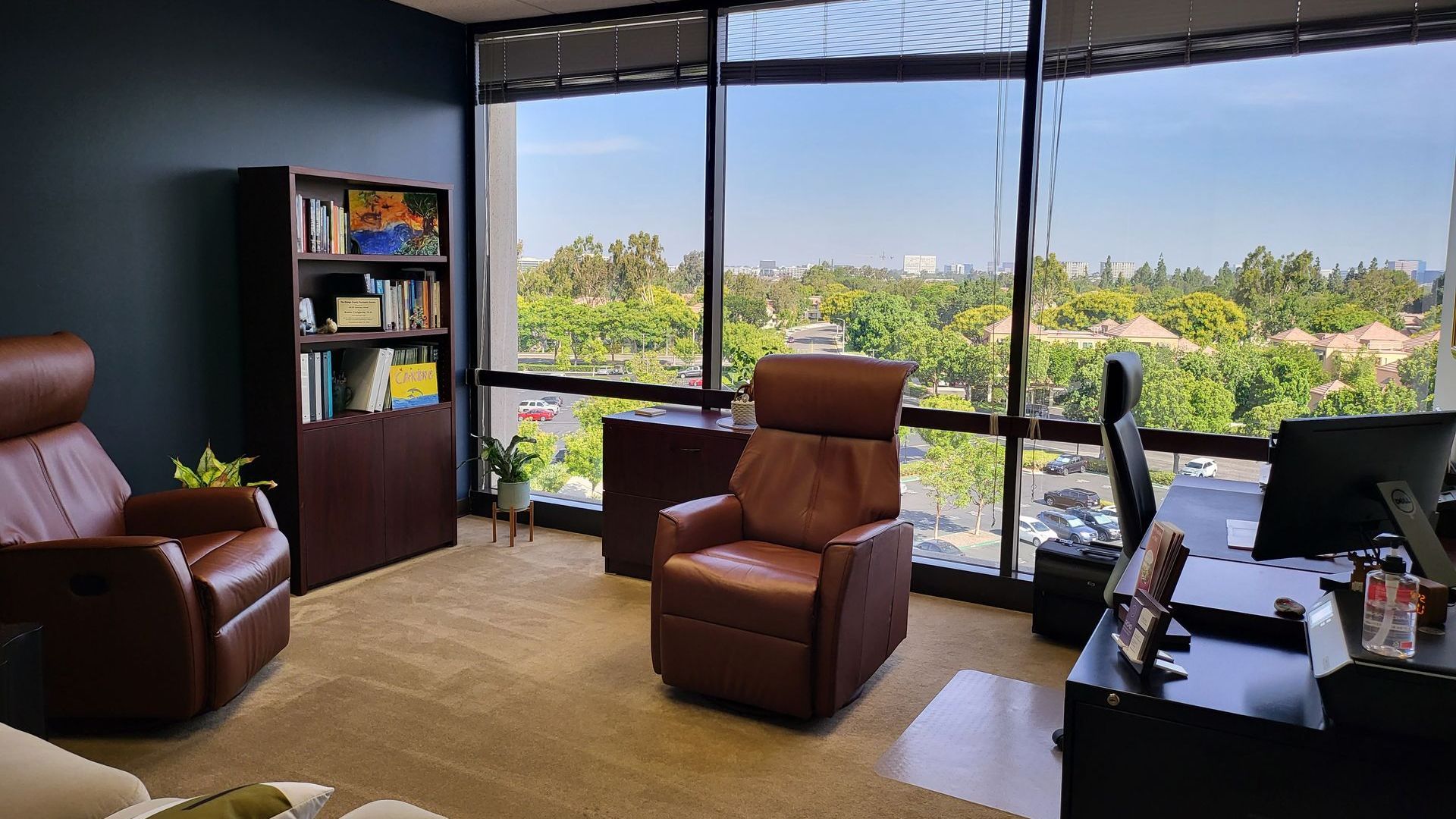
Our Approach for TMS Therapy and Helping You Overcome Depression
Irvine Psychiatry and TMS offers specialized psychiatric care in a setting that is both supportive and safe. Dr. Roula Creighton has established her growing practice to address the mental health needs of our community. Rather than offering a one-size-fits-all approach to psychiatric care, we believe in developing an individualized plan by collaborating with our patients, your loved ones, and any other medical professionals involved in your case. This patient-centered approach is also applied to TMS treatment. Dr. Creighton is actively engaged in your treatment and is always on hand to make adjustments as needed.
We are passionate about psychiatry and believe Transcranial Magnetic Stimulation is a great alternative for anyone with treatment-resistant depression. If this describes your current situation, we urge you to consider TMS. Please contact us to inquire further and request a consultation.
SHARE pOST:
RECENT POST:
